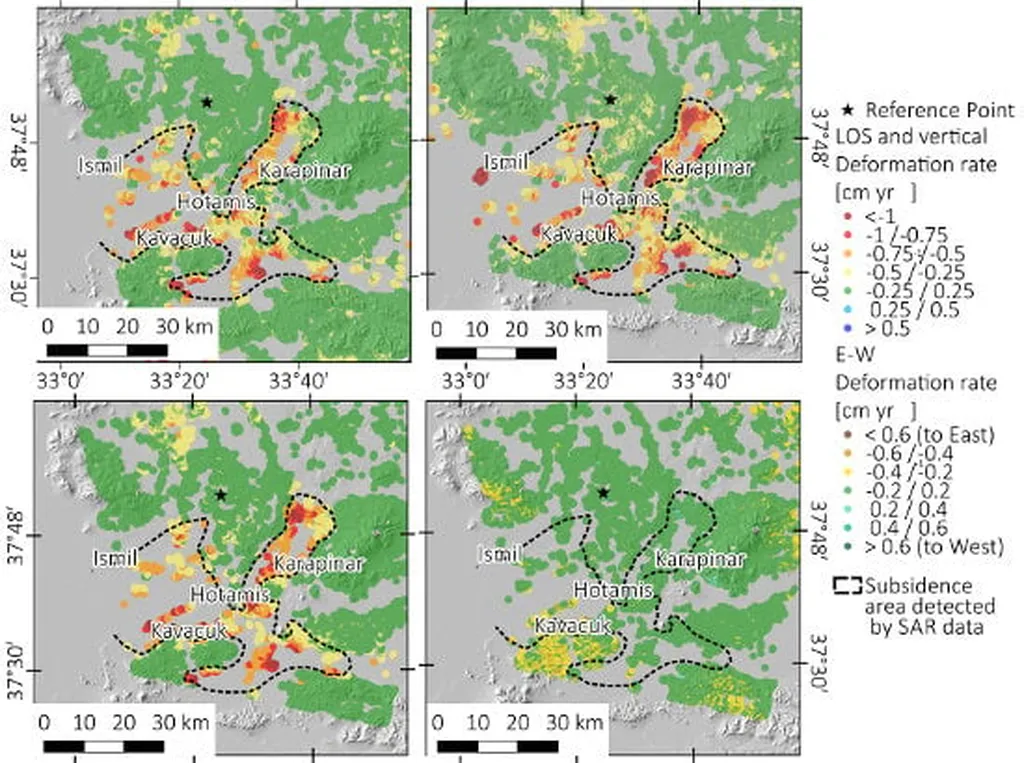Farmers have long relied on handheld devices to measure crop health, but the process is time-consuming and impractical for large fields. Now, researchers at the University of Missouri have demonstrated that drones equipped with advanced imaging technology, combined with artificial intelligence, can provide a faster and more accurate way to assess corn health across entire fields.
The study, led by Fengkai Tian, a doctoral student in Jianfeng Zhou’s lab, used drones to capture multispectral images of cornfields in mid-Missouri. These cameras detect wavelengths beyond visible light—such as near-infrared and red-edge light—which are closely tied to plant health. By analyzing these images alongside soil data, the team trained a machine learning model to estimate chlorophyll levels in corn leaves with high precision.
Chlorophyll is a critical indicator of plant health, particularly for nitrogen management. Corn requires significant nitrogen to thrive, but overapplication wastes resources and harms the environment, while underapplication stunts growth. The drone-AI system allows farmers to pinpoint exactly when and where nitrogen fertilizer is needed, optimizing both yield and sustainability.
Zhou, an associate professor in Mizzou’s College of Agriculture, Food and Natural Resources, emphasized the broader goal: “Precision agriculture can help farmers apply nitrogen at the right time, in the right location, and in the right amount.” His lab, part of Mizzou’s Digital Agriculture Research and Extension Center, focuses on integrating cutting-edge technology into farming practices to improve efficiency and reduce environmental impact.
Tian noted that while this study centered on corn, the same approach could eventually benefit other crops, including soybeans and wheat. The technology’s scalability is a key advantage—farmers may not need to operate drones themselves but could instead partner with ag-tech companies to collect and analyze data.
The research, published in *Smart Agricultural Technology*, was a collaboration between Mizzou and the USDA’s Agricultural Research Service. Zhou’s interdisciplinary team—spanning statistics, AI, engineering, and plant sciences—reflects the university’s commitment to advancing precision agriculture.
For farmers, the implications are clear: better data leads to smarter decisions, reducing costs, increasing yields, and minimizing environmental harm. As drone and AI technologies become more accessible, this method could soon become a standard tool in modern farming.

